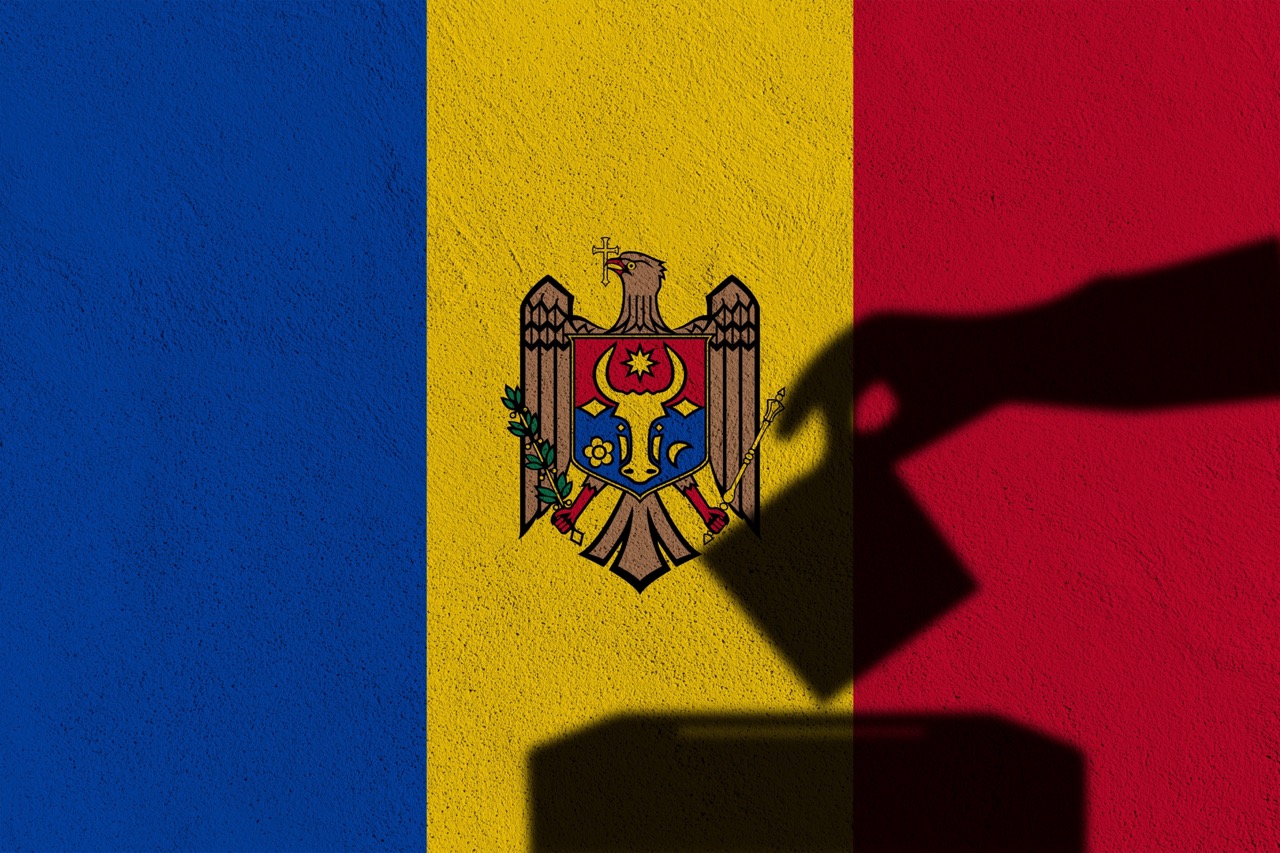
‘There Is No Democracy’: How Russian Propaganda Exploits Telegram CEO’s Arrest Against The West
Executive Summary
The detention of Telegram CEO Pavel Durov by the French authorities on the August 24th sparked a wave of indignation in the Russian media landscape. We analyzed 71K messages and comments by Russian media, internet users, and bots, related to the event. The average sentiment score was as low as -0.71, meaning that negative messages were approximately 6 times more frequent than positive ones.
Against the backdrop of recent setbacks for the Russian army in the Kursk region, state propaganda has seized upon this incident as a new opportunity to criticize the West. But while pro-Kremlin media framed the arrest as a display of “Western hypocrisy” concerning free speech and democracy, social media users chose to adopt different narratives.
For once, Edward Snowden’s and Elon Musk’s opinions were more frequently shared and discussed than those of Russian officials and media representatives. Commenters were also more concerned with Durov’s personal circumstances, including his choice to leave Russia, his wealth and romantic partners, his dual citizenship and which country he identifies with, which many Russians considered crucial in deciding whether to support him. Telegram users also expressed concern about the implications for the messenger’s security and future.
How Russian propaganda framed the arrest
On August 24, Russian-born Telegram CEO Pavel Durov was detained by French police upon his arrival in Paris as a part of an investigation that began in June and involved 12 charges, including assisting to drug trafficking, possession of child pornography, money laundering, and failure to comply with information requests from authorities. French President Emmanuel Macron emphasized that Durov’s arrest was not a political decision but part of an independent investigation. On August 28, a French court released Durov on bail of 5 million euros.
Known for founding VK, currently the biggest social media in Russia, Durov left the country in 2014 after pressure from Russian authorities. In 2018, Russian authorities tried to block access to his messenger app Telegram, but these attempts were abandoned after two years.
Despite this background, the arrest of Pavel Durov has caused significant controversy among pro-government Russian media. Various political figures and media personalities in Russia have rallied in support of Durov, using the case to accuse democratic countries of double standards. This unified response highlights how the situation is being leveraged within Russia to challenge Western narratives and judicial processes.
Based on Telegram data, the arrest of Pavel Durov in France was mostly covered by pro-Kremlin media. For example, 'Lenta.ru' published over 90 posts mentioning the founder of Telegram in just two days. Other media outlets in the top list include 'Argumenty i Fakty', 'Izvestia', the news agency 'TASS', and 'Tsargrad'.

About 40% percent of the messages were news-related, and our algorithm did not detect any specific storyline in them. Apart from the news, the most common narratives in pro-Kremlin media have been the display of double standards by the Western world regarding freedom of speech and democratic values (9%), as well as criticism of the French authorities for the unjustified and unlawful detention of Durov (9%), motivated by a desire to gain control over the Telegram messenger. The media cite quotes from various Russian political figures, experts, as well as foreign speakers, who have criticized the actions of French law enforcement and the so-called ‘American trace’ in these actions.
- - "It seems that France has ultimately undermined the ideological basis of Russia’s opponents on the protection of democratic values. There can be no democracy without freedom of speech" (Telegram channel "Novosti Yakutii")
- - "The detention of Durov is an attempt to bring one of the most popular and influential online platforms under control" (Telegram channel "Vzglyad")
- - "The claims by the French law enforcement against the creator of Telegram contradict the EU Digital Services Act." (Telegram channel "Kommersant")

At the same time, it is worth noting that the pro-Kremlin’s media’s attitude towards Pavel Durov is contradictory — he is portrayed as a victim of his own misconceptions about being independent from Russia: "Durov is reaping the consequences of his “independence" (Telegram channel TV 360).
About 5% of the messages focused on the involvement of the Russian embassy in providing assistance to Durov as a Russian citizen and the reluctance of the French side to make contact. The diplomatic mission is portrayed as defending Durov’s interests, demanding immediate clarification and protection of his rights, and sending a note with demands. The overly emotional tone does not reflect the nature of the actions, which are standard procedures in such situations.
However, among Telegram users, the opinions of Snowden, a former NSA contractor and whistleblower currently residing in Russia, and Elon Musk, the CEO of SpaceX and Tesla (5%), were more widely shared than Russian officials and media representatives. Snowden calls Durov’s detention a ‘hostage-taking’ and speaks of an assault on fundamental rights and human freedom. ‘Edward Snowden knows firsthand about persecution over information,’ the media writes. They cite Musk’s words of support and also contrast Durov with Meta head Mark Zuckerberg, who, according to them, cooperates with the authorities.

How social media users discussed the arrest
Despite the propaganda efforts to promote the theme of ‘Western hypocrisy on issues of freedom of speech and democracy,’ this topic did not become the most popular among regular social media users.
In comments on Telegram and VK, Pavel Durov’s detention also sparked negative comments, but with different focus. On both platforms outrage over Durov’s arrest without any particular arguments accounted for a significant amount of comments (14.5% on Telegram and 9.8% on VK). Among other reactions were concern about the security of the messenger after Durov’s arrest (7%), dissatisfaction with the Telegram platform where drug trafficking and terrorism thrive (5%), insults directed at Durov himself (5%),
But one of the most discussed on both VK and Telegram was the topic of Durov’s dual citizenship with France and Russia, his identification with Russia and other countries. For many Russians, Durov’s stance on this issue is crucial, as it affects whether they choose to support or not support him.
- - "It seems that his beloved French shores have already accepted him; after all, he chose them himself" (comment on Telegram channel "Tsargrad")
-
- - "Well, he wanted to become French. Now he is. Let him enjoy it" (comment on VK, VGTimes group

On VK, users were more likely to leave negative comments, both towards Durov himself, his arrest and his wealth, as well as questioning his attempts to ‘sit on two chairs.’ About 10% of the comments mentioned Durov’s companion Yulia Vavilova, with the majority of those comments being sexist.

Bots
Using data from Botnadzor, we identified 1% of bots in all VK messages that we collected. The proportion is quite small, probably due to the fact that the event itself took place on a weekend. Most of the posts consist of quotes with opinions from propagandists like Tsarev, Podolyaka, and authors from pro-kremlin Ukraina.ru about Durov’s arrest, accusations of him trying to sit on two chairs, the West’s desire to take control of Telegram, and discussions about freedom in the West.
All of these posts have been published in both Russian and English, which may suggest that this message is intended not only for a Russian-speaking audience.
Comments, which make up about 80% of all bot messages, are mostly focused on accusations of a lack of freedom of speech and democracy in the West:
- "It is known that Durov’s arrest reveals the true attitude of the West toward freedom of speech. More precisely, it shows that there is no freedom of speech there" (VK group, Tsargrad TV channel)
- - "What about the much-praised freedom of speech in Europe? Or is this different? It turns out that there is no democracy there" (VK group, "Zloy nizhegorodets")
Among duplicated comments on VK we defined sarcastic remarks directed at Durov and the French police, as well as calls for the release of the Telegram founder.
Methodology
We gathered 71K texts mentioning Durov from August 25 to 27 from various media sources and platforms, including VK, YouTube, and Telegram. We also scraped 22.7K comments from VK and Telegram to analyze the general public’s perception of the events.
Sentiment towards Durov's arrest was identified using a machine learning model. To measure the attitude towards the topic we calculated the ratio of positive comments to negative ones. As a result, the sentiment expressed in the posts, comments, and articles is normalised on the scale from -1 to 1. A value of -1 indicates the most negative sentiment, while a value of 1 indicates the most positive sentiment.
We also employed topic modeling, a machine-learning technique for discovering common patterns in large collections of texts. This method facilitated the identification of primary document clusters (document groups based on the similarity of their contents). Short summaries were generated for each cluster with a GPT 3.5-Turbo language model. A combination of these techniques provided our research team with a high-level overview of online discourse around all four topics.

.svg)








.png)















.png)


.png)




.png)








-01-2.jpeg)
-01.png)
-01.png)




-01%25202-p-500.png)







